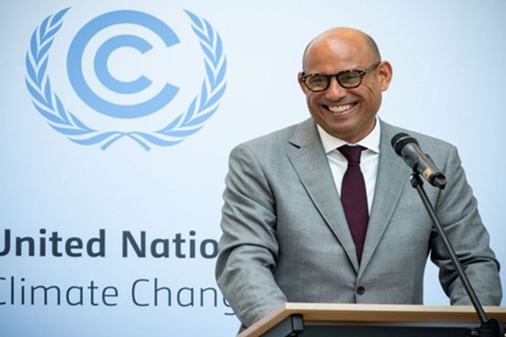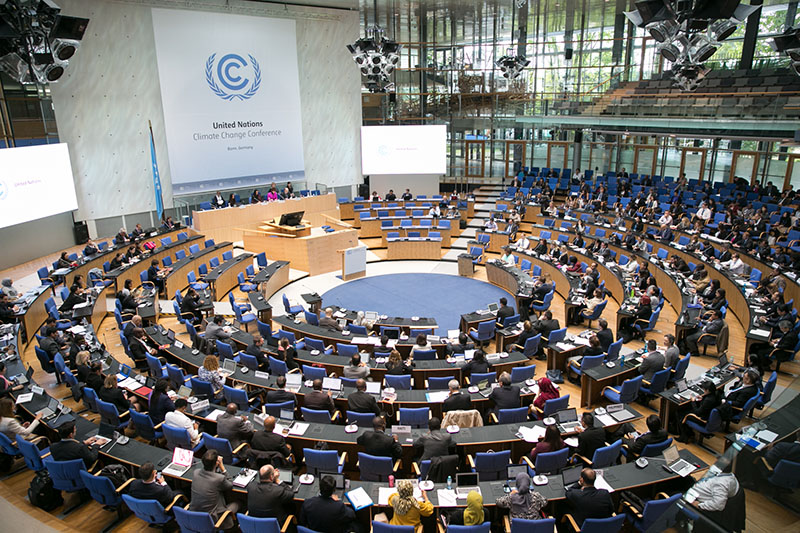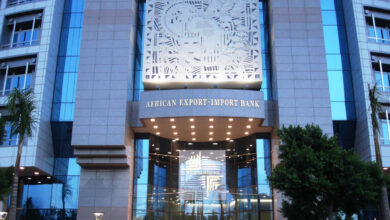UN Calls on Africa to Turn Climate Plans into Catalysts for Growth

The United Nations has challenged African countries to reframe their climate strategies as economic blueprints capable of unlocking jobs, investment, and long-term resilience.
With the deadline for submitting updated Nationally Determined Contributions (NDCs) under the Paris Agreement drawing closer, UN Climate Change Executive Secretary Simon Stiell urged leaders to act decisively.
“Strong new national climate plans are blueprints for stronger economies, more jobs and rising living standards,” Stiell said. “They open the door to new industries, large-scale investment, more affordable clean energy accessible to all, and more resilient infrastructure, as climate disasters hit African nations harder each year.”

Turning Obligation into Opportunity
The UN argues that climate plans should be more than compliance exercises. Instead, they must be viewed as investment strategies to boost competitiveness and industrial transformation.
“Africa is not just on the frontlines of climate impacts; it is also at the forefront of solutions,” Stiell added, citing innovations already cutting emissions and strengthening economies across the continent.
Governments are expected to submit new plans in the run-up to COP30 in Brazil this November, with September’s Climate Summit marking a key milestone. Each NDC, the UN says, will play a role in limiting global warming to 1.5°C while delivering domestic economic benefits.
Emerging Continental Leaders
Several African countries are already setting examples. South Africa’s NDC focuses on a just energy transition that safeguards workers while attracting more than USD 11 billion in renewable partnerships. Nigeria is aligning climate goals with job creation and poverty reduction, with its solar projects projected to create tens of thousands of jobs by 2030. Morocco has emerged as a renewable energy powerhouse, with the vast Ouarzazate solar complex standing as a regional landmark.
These cases demonstrate how climate ambition can be matched with economic opportunity, expanding affordable energy access and boosting competitiveness.

Ghana’s Climate-Economy Link
In Ghana, the government has taken steps through its Energy Transition Framework and the Green Ghana Project, which has mobilized nationwide tree planting to fight deforestation and create livelihoods.
Looking ahead, analysts believe Ghana’s next NDC could position climate action as an engine of growth by focusing on sectors such as agro-processing, green manufacturing, and clean transport. With rising youth unemployment and limited fiscal space, a plan that also attracts global finance could help unlock thousands of green jobs and new investment opportunities.
A Defining Moment
The message from the UN is clear: for Africa, the upcoming NDCs are not just environmental targets but opportunities to define a new growth model.
For Ghana and its peers, bold and ambitious climate plans could be the foundation for resilient economies, competitive industries, and a greener future.




